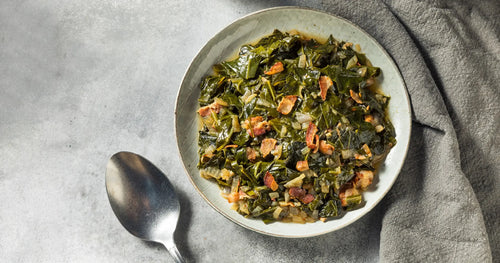
Are you looking to maintain a healthy heart? Your diet plays an important role in keeping your heart healthy. Here are some tips on what to include and what to avoid for a hearty-healthy lifestyle.
Embrace a Colorful Array of Fruits and Vegetables
Ensure your diet is rich in fruits and vegetables, known for their abundance of antioxidants and essential vitamins. Opt for darker varieties like cherries, blackberries, purple carrots, garnet yams, and purple cabbage as they pack a higher concentration of nutrients. Incorporate shredded cabbage into sandwiches, salads, and soup; enjoy purple carrots with hummus as a tasty snack; and savor garnet yams as a delicious alternative to white potatoes. For added convenience keep freshly washed fruits readily available for snacking or consider using frozen options in smoothies, low fat yogurt, or oatmeal. Frozen vegetables can be added to a stir-fry or cooked up for a quick side dish.
Prioritize High-Fiber Foods
Integrate foods high in fiber such as whole grains, legumes, and nuts. The soluble fiber in these foods is great for the heart. And for those that want to lose some weight, fiber can be your new best friend by providing a sense of fullness after eating. Think outside the box when it comes to whole grains by adding quinoa or steel cut oatmeal to your diet.
Opt for Lean Protein Sources
When it comes to protein, choose options lower in saturated fats, such as fish and poultry. Explore a variety of seasonings to enhance the flavor of these proteins, making them both healthy and delicious. For instance, try lemon pepper with light white fish or one of my favorites is Gateway to the North by The Spice House on salmon. When it comes to poultry, try adding Chinese Five Spice before baking, or add chopped chicken to a stir-fry made with low-sodium soy sauce. Avoid breaded fish and chicken.
Limit Saturated and Trans Fats
It's important to limit your intake of saturated and trans fats. Trans fats are found in foods like doughnuts, and commercially baked goods like cakes, pies, and cookies. Saturated fats are in foods like full fat dairy products and red meat. Choose healthy fats such as olive oil, avocados, nuts, and seeds to incorporate into your diet.
By making a few simple changes to your diet, you can improve your heart health. Start incorporating these heart-healthy foods into your meals today for a healthier tomorrow.





